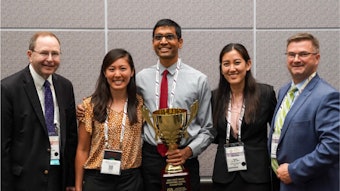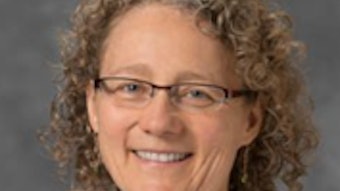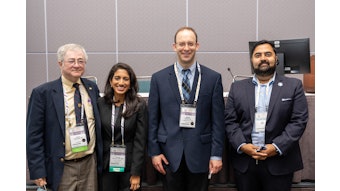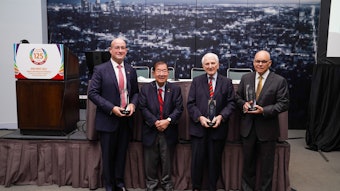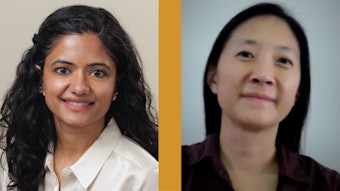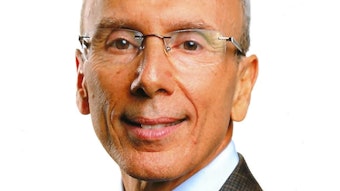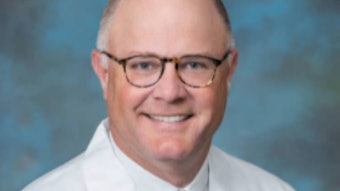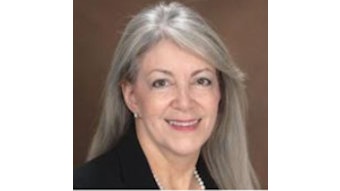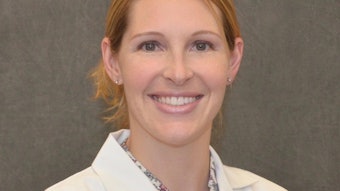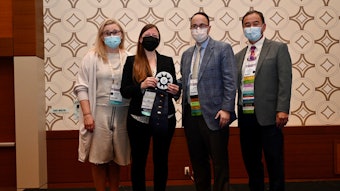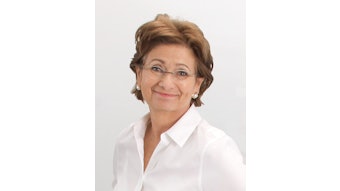Survey Says: Your Input is Needed on the Value of Services You Provide
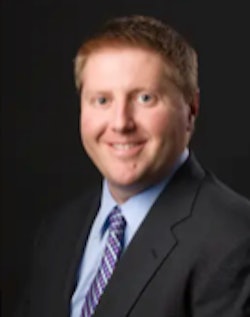
Doctors love what they do, but they also need to be able to make a living at doing it. Being compensated fairly for procedures and services is a big part of that.
That’s why the Common Procedural Terminology/Relative Value Scale Update Committee (CPT/RUC) team of the AAO-HNSF is urging every doctor to take part in the RUC Survey process. R. Peter Manes, MD, FACS, Associate Professor of the Otolaryngology Division at Yale School of Medicine in New Haven, Connecticut, will make the case for the survey in a live stream presentation on Monday, titled “The RUC Survey Process: Your Direct Role in Reimbursement.”
Dr. Manes said that while many doctors may be aware of the survey, a lot of them aren’t aware of the value it presents to their profession. It is part of a system that assigns procedures an RVU, or relative value unit.
“Some things are complicated and take a long time; those shouldn’t be reimbursed at the same rate as something that is simple and takes a short amount of time,” he said. “This process allows physicians to advocate for that reimbursement.”
When a new procedure is introduced or an existing one needs to be updated, physicians that perform that kind of procedure are sent surveys asking them questions like how long does the procedure take? How complex is it? What’s the intensity? What is it worth, and how does it compare to similar procedures?
That information, Dr. Manes said, is then submitted to the committee, which in turn decides what to recommend as an RVU for that procedure. Those recommendations are then submitted to the Centers for Medicare and Medicaid Services and a final determination is made.
Dr. Manes said Monday’s session will provide physicians with a framework so they can better understand and use their role in that system.
“It’s their opportunity to advocate for themselves, which is important,” he said. “They’re the experts in how long something takes, how complex things are. It’s one of those opportunities where our voice is the most important one. If someone doesn’t participate, it’s a bit of a shame. It’s a missed opportunity.”
The session will review why certain codes undergo the survey process and outline the specific steps physicians have to take when filling out the survey.
Only about 1% of doctors typically respond to these surveys. Dr. Manes said the committee is always trying to increase awareness and has tried to spread the word among the otolaryngology specialty for a long period of time. In spite of that, he said he thinks there is still a lot of work to be done, starting with this session.
“This session really does provide information to physicians that can have a direct impact on their reimbursements,” he said. “That’s just important to know because it’s a big part of what we do. We all love what we do, but we also want to be compensated fairly for what we do, and this session delivers a good framework surrounding that.”
